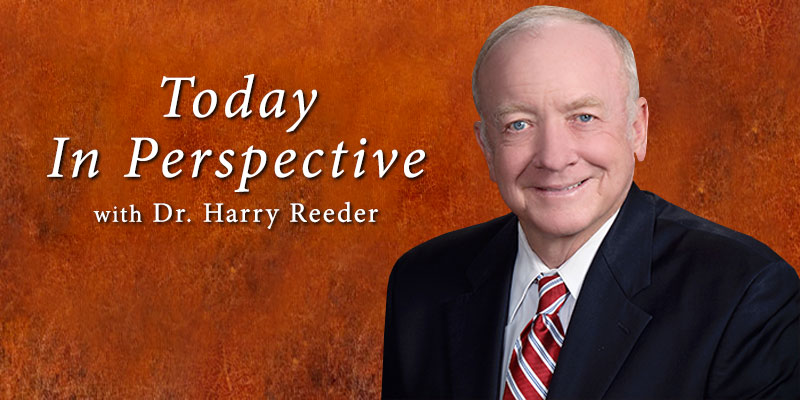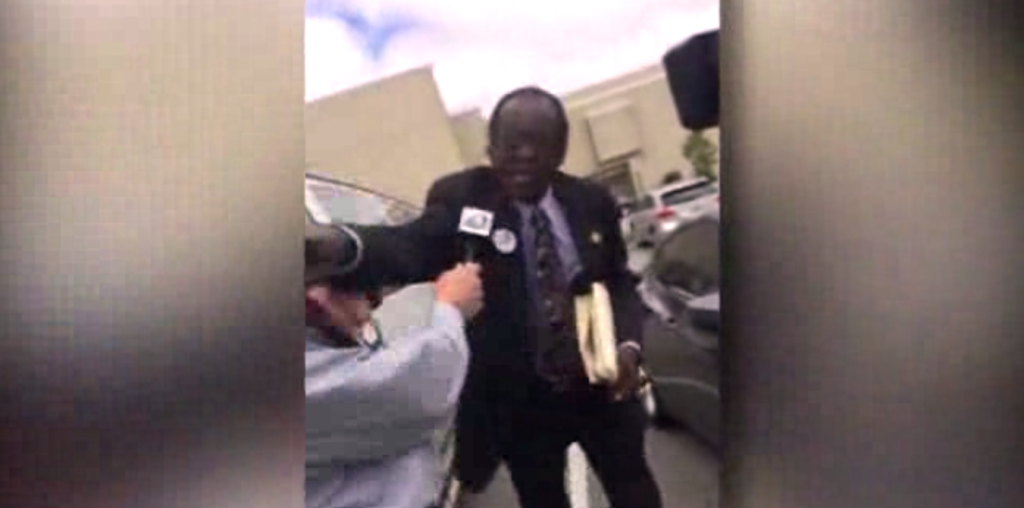(Above: WTVY’s Tessa Darlington interviews Sen. Jeff Sessions)
While traveling across Alabama this week, Sen. Jeff Sessions, R-Mobile, made an appearance on Dothan CBS affiliate WTVY’s evening newscast to discuss ObamaCare, the current state of the Farm Bill and the tension between Republicans and Democrats in the U.S. Senate.
Sessions wasted no time getting into his opposition to ObamaCare, which he believes is weakening the quality of healthcare in America and will be “devastating” to the medical profession.
“I definitely think we have got to return and rethink what we’re going to do about health care in America, and we can do it,” Sessions told WTVY’s Tessa Darlington. “We have had a lot of good ideas for a long time like allowing interstate competition, allowing you to keep your health policy, preexisting illnesses are a problem that can be overcome. There is bipartisan support for that. But this plan will not work. It was never on the right track. It’s going to weaken the quality of health care in America. And you know, Dothan is especially blessed for a town its size to have the health care facilities and skill and surgeons and so forth and I’ve been always citing this as just an example of the wealth of good health care throughout America. So I do think we got to be careful we don’t kill that off.”
“Computer glitches — maybe they can get those fixed,” he continued. “But the fundamental financial and structural problems exist and will remain and could drive doctors out of medicine and that would be a real devastating long-term problem.”
Darlington then turned her attention to the Federal Agriculture Reform and Risk Management Act, commonly known as the Farm Bill.
Sessions has been one of the loudest voices in D.C. calling for reforms to the Farm Bill, which he says includes a disproportionate amount of food stamp spending compared to what is being spent on agriculture programs. Bad blood between competing commodity groups lobbying for their own interests in the bill is becoming a threat to getting the legislation passed before year’s end. But Sessions says he’s optimistic about the House and Senate reaching a compromise.
“There’s support for a Farm Bill,” Sessions said. “One will pass. I don’t think it’ll be much longer… But fundamentally, 80 percent — $80 out of every $100 spent on the Farm Bill — goes to the food stamp program. Farmers only receive about 20 percent of that. And the reductions in spending, the majority of [them], have fallen on the farmers… So the House, the Republican House, has done a good job looking at the food stamp program. It’s gone up four times since 2001. Four times as much is being spent on it. It needs to be reformed… So that’s a sticking point. Right now there has been a real resistance to that by the Democratic Senate.”
RELATED: Rogers & Roby among Reps. tasked with negotiating Farm Bill
Darlington pointed out that the Farm Bill is far from the only point of contention in the Senate, which has been plagued with unusually high levels of tension and partisan rancor in recent months. Sessions blasted Senate Majority Leader Harry Reid for his decision to use the “nuclear option” of changing Senate rules to make it easier for Democrats to advance their agenda, specifically when it comes to certain presidential appointments. Because of the tension, Sessions isn’t optimistic about reaching any near-term agreements on reducing the deficit and spending.
“Things are tense right now, Tessa,” Sessions explained. “In the Senate, you know, they used a nuclear option to change the rules of the Senate by a simple majority. For the rules to be changed, it takes a two-thirds vote. It [states] plainly you have to have 60 votes to shut off debate. They changed that by a parliamentary maneuver, violating the rules of the Senate to change the rules of the Senate. So this is pretty tense right now, I got to say.”
“And we’ve got a deficit problem to confront,” he continued. “We’ve got spending problems to confront. And so I got to say, it’s a tense time. Can we work through this? We’ve got to. We owe the people of the United States a good government that manages. And I believe we can reach the agreements necessary to keep us going a decent way in the coming months. But we’re not going to be moving, unfortunately, to the kind of financial reforms I would like to see and I think most Americans would like.”
Follow Jeff on Twitter @Jeff_Poor![]()








